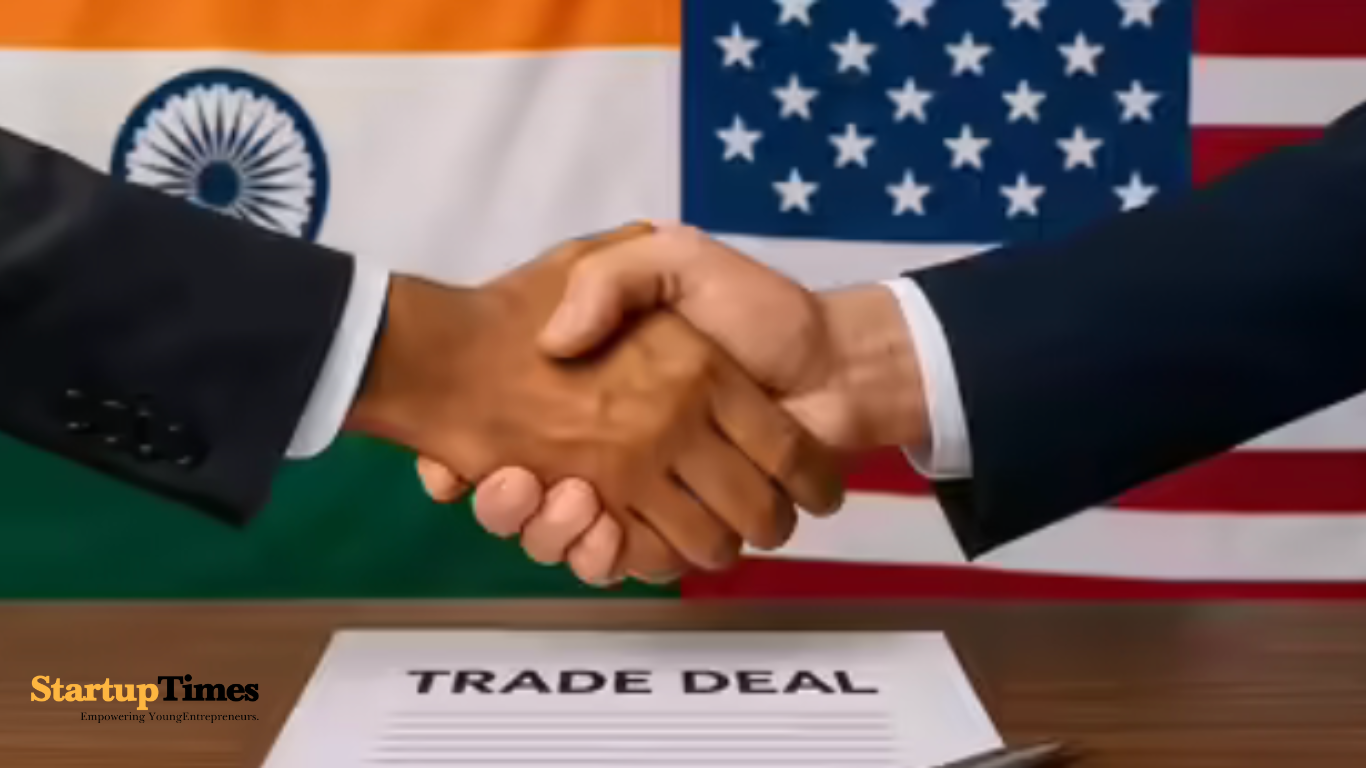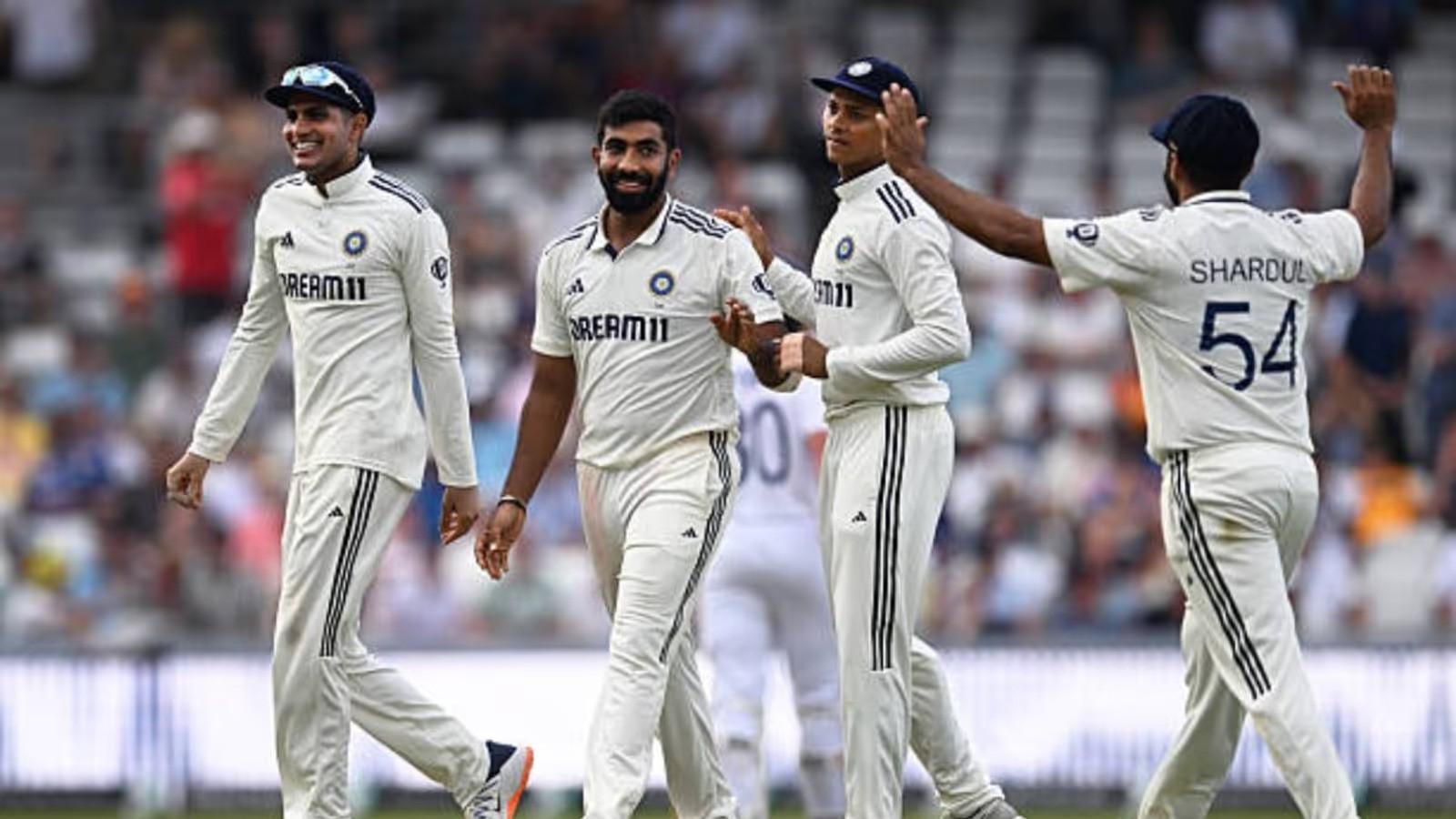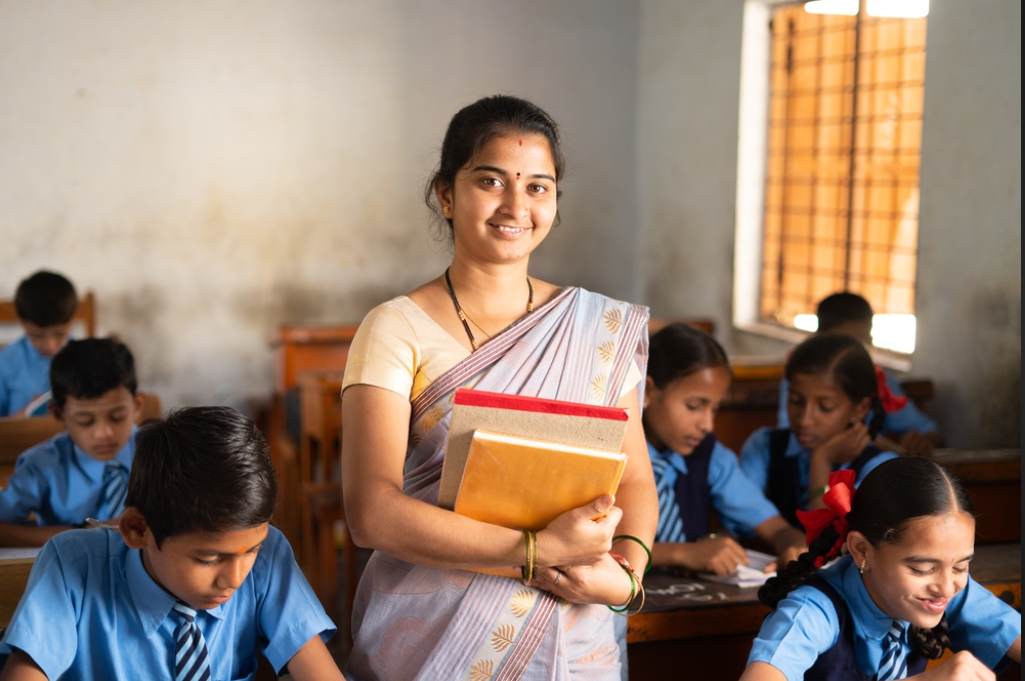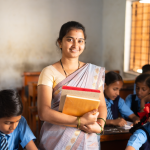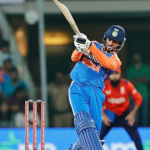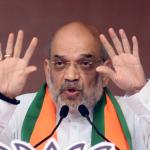A fascinating duality continues to define the trade relationship between India and the United States. While diplomatic efforts are underway in Washington to finalize a bilateral trade deal, the two economic giants are simultaneously engaged in legal skirmishes at the World Trade Organization (WTO) in Geneva. This two-pronged approach highlights the complex and sometimes contradictory nature of global trade diplomacy, where strategic negotiation and assertive legal challenges coexist.
Indian trade negotiators are once again preparing for another round of talks in Washington, aiming to bridge significant differences. The discussions have been ongoing for months, with a particular focus on gaining US access to India's sensitive agriculture and dairy sectors. For India, protecting its domestic farmers and small dairy producers remains paramount, given their significant political and economic importance. For the US, particularly under President Donald Trump's administration, securing quick trade wins and market access is a political imperative. The ongoing tariff policies, with threats of steep duties on imports from various countries including India, add urgency to these bilateral talks.
Despite the intensity of these negotiations, India has firmly reiterated its stance against deadline-driven agreements, emphasizing that national interest remains paramount. Commerce Minister Piyush Goyal has previously stated that a trade deal will only be accepted when it is "good, fully matured, and in the national interest." This position signals a resistance to external pressure and a desire to secure a comprehensive and fair agreement rather than a rushed one.
Meanwhile, a different kind of battle is unfolding in Geneva at the WTO. The US has formally challenged India's veterinary certificate requirements for dairy imports, labeling them as "unnecessary trade barriers." India maintains that these requirements are crucial for ensuring the safety and quality of imported milk and milk products, verifying the absence of harmful residues.
This dispute at the WTO is not an isolated incident. India has also proposed retaliatory duties against the US in response to American tariffs on steel and aluminum, and more recently, on automobiles and auto parts. India has notified the WTO of its intent to suspend concessions on US goods, with the potential impact on US imports amounting to billions of dollars. These actions at the multilateral forum are a strategic counterweight to the bilateral negotiations, signaling to the US that unilateral tariff hikes will not go unchallenged and that India is prepared to defend its trade interests through all available channels.
The paradoxical approach of negotiation in Washington and confrontation in Geneva is a sophisticated one. Bilateral talks are often more flexible and politically influenced, while WTO proceedings are rules-based and legalistic. Each forum offers different tools and leverage points. By utilizing both platforms, India is demonstrating a maturing trade policy that seeks to balance power asymmetries and ensure its long-term interests are protected.
While the immediate future of the bilateral trade deal remains uncertain, particularly with the US having extended the suspension of additional duties on Indian goods until August 1, the ongoing engagements reflect a serious effort by both sides to deepen trade ties while fiercely defending their respective economic interests. India's assertiveness at the WTO, even as talks progress, indicates a clear shift from a defensive stance to one that is proactive in asserting its rights in global trade.

